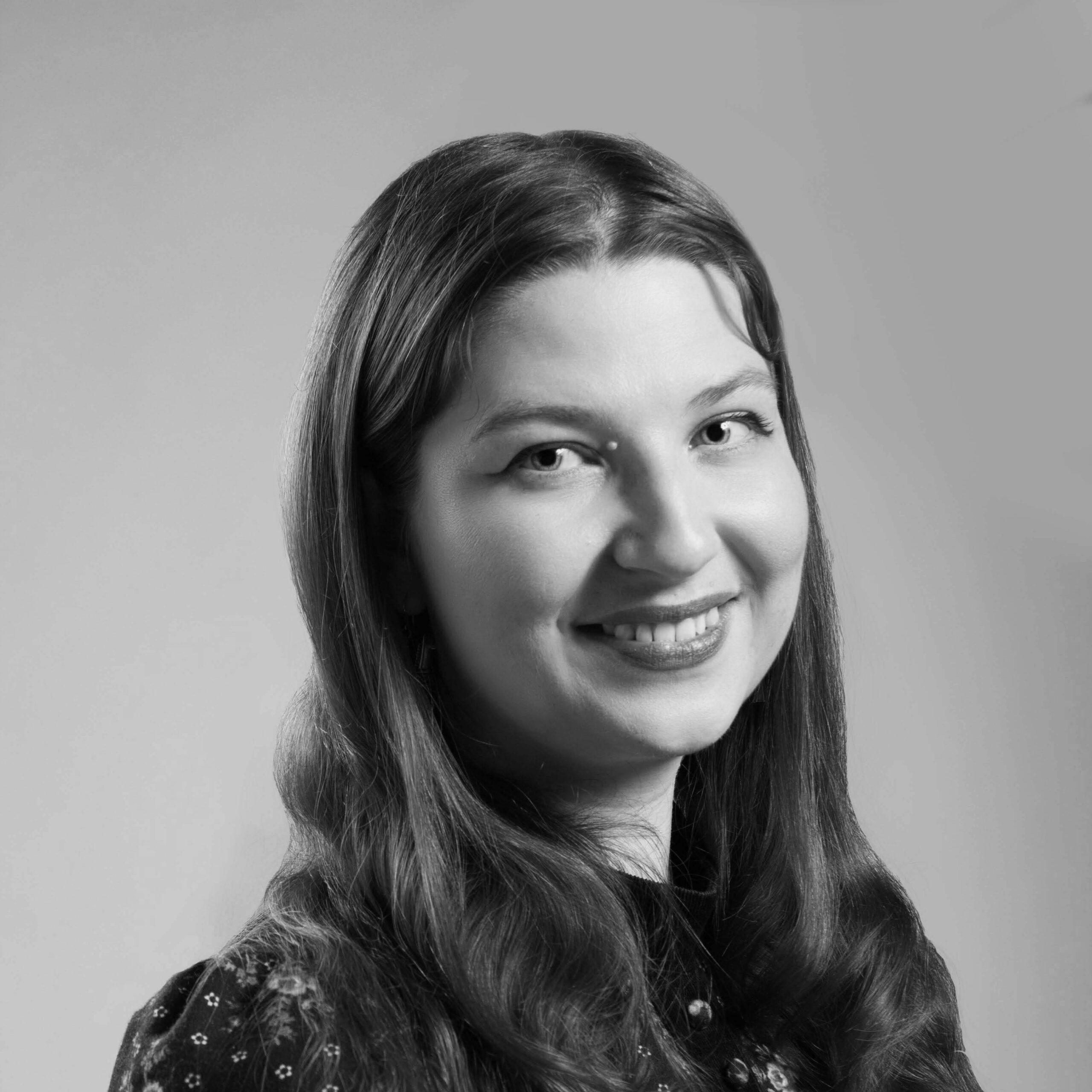

All adult educators should go outdoors to embrace bodily, experiential ways of learning, writes researcher Riikka Suhonen. The text is a column written for issue 2/2021 on Adult Learning Outdoors.
In Wanderlust, Rebecca Solnit writes that walking can be a political, transformative act, “a mode of making the world as well as being it”. I was reminded of this when I was invited for an unusual walk during an online training session on transformative learning in global citizenship education, organised by the EU-supported Bridge 47 project.
The 30-minute “entanglement walk” was done by each participant individually in their own locations, in my case on a slippery winter forest trail. The three phases of the walk – present, past and future – stirred personal emotions and thoughts, but also touched upon many current trends and debates within global citizenship education.
PRESENT. The first task of the walk was to be like a playful toddler exploring the environment: connecting with everything living and non-living, trying to listen to what they might be telling. Pausing to touch and smell moss on a rock, for example. Experiencing the world through all the senses can strengthen our feeling of belonging, or as UNESCO puts it, teach us to become one with the world around us.
This kind of emotional, bodily knowing beyond rational knowledge is also familiar to feminist posthuman thinking – and children seem to embrace it with ease. Forming affective connections with the more-than-human environment is not an issue for a four-year-old who fills our apartment with sticks and stones, considering them as precious family members. The ability to feel wonder about the world is something that adults need to practise consciously.
PAST. The second phase of the walk consisted of an imaginary discussion with an ancestor from 100 years ago. What stories or guidance they have for us?
Acknowledging ourselves as historical beings is crucial for developing critical consciousness of our complicity in creating our current global problems. It was surprisingly difficult to imagine what life really was like for my peasant ancestors in Finland, one of the poorest countries in Europe at the time. The Compulsory Education Act was passed in Finland in 1921, and women from underprivileged, working-class backgrounds would have had little chances of studying in a doctoral programme.
Otherwise, the overall spirit feels strangely familiar: one pandemic had just ended, people were migrating across oceans, and while countries were healing after the war, political polarisation and hate speech were on the rise again.
FUTURE. The final task was to walk with a descendant 100 years from now, and listen to their advice on how we could improve their well-being.
Although dystopic doomsday images instantly appeared in my mind, I reminded myself that the future depends on the joint actions that we choose to take here and now. In 2121, my descendant might be grateful if we have done everything in our power to limit the extent of global warming. This then leads to the very troubling question: am I – are we – really doing all we can to improve the well-being of the planet? (the answer is no.)
Are you ready to make space for the unknown and possibly transform the way you are in the world?
The collective “Gesturing towards decolonial futures” has raised issues about learning to give palliative care to our current, destructive ways of living. Mourning for the loss of the world as we know is painful, and includes feelings of guilt, anxiety and sadness. This emotional work is necessary for us to be able to think critically “in a different way” and to give birth to new worlds.
The entanglement walk is such a simple exercise that requires no equipment and can be done almost anywhere, anytime. Yet, the thoughts raised by it are far from simple.
This solitary walk with real and imagined affective encounters may create the necessary space for freeing the mind to think outside conventional norms and social pressures. If we follow the footsteps of Freire, after constructing “knowledge of living experience” individually, we would need to deepen the learning together with others.
Are you ready to make space for the unknown and possibly transform the way you are in the world? Try taking a walk in the present, past and future – wandering and wondering with trees, ancestors and descendants beside you.
Further reading:
- Bridge 47: Transformative Learning Journeys: Venturing into the Wilds of Global Citizenship Education. https://www.bridge47.org/resources/01/2021/transformative-learning-journeys-venturing-wilds-global-citizenship-education
- Gesturing towards decolonial futures (Researchers/Artists collective) https://decolonialfutures.net/
- Lahti, Veli-Matti. (2019). Gaps in our Bildung. The Finnish Innovation Fund Sitra. https://www.sitra.fi/en/publications/gaps-in-our-bildung/
- Pyyry, Noora, & Aiava, Raine. (2020). Enchantment as fundamental encounter: Wonder and the radical re-ordering of subject/world. Cultural Geographies, 27(4), 581-595. [1474474020909481]. https://doi.org/10.1177/1474474020909481
- Solnit, Rebecca. (2000). Wanderlust: A History of Walking.
- UNESCO: Futures of Education https://en.unesco.org/futuresofeducation/
Kirjoittaja







